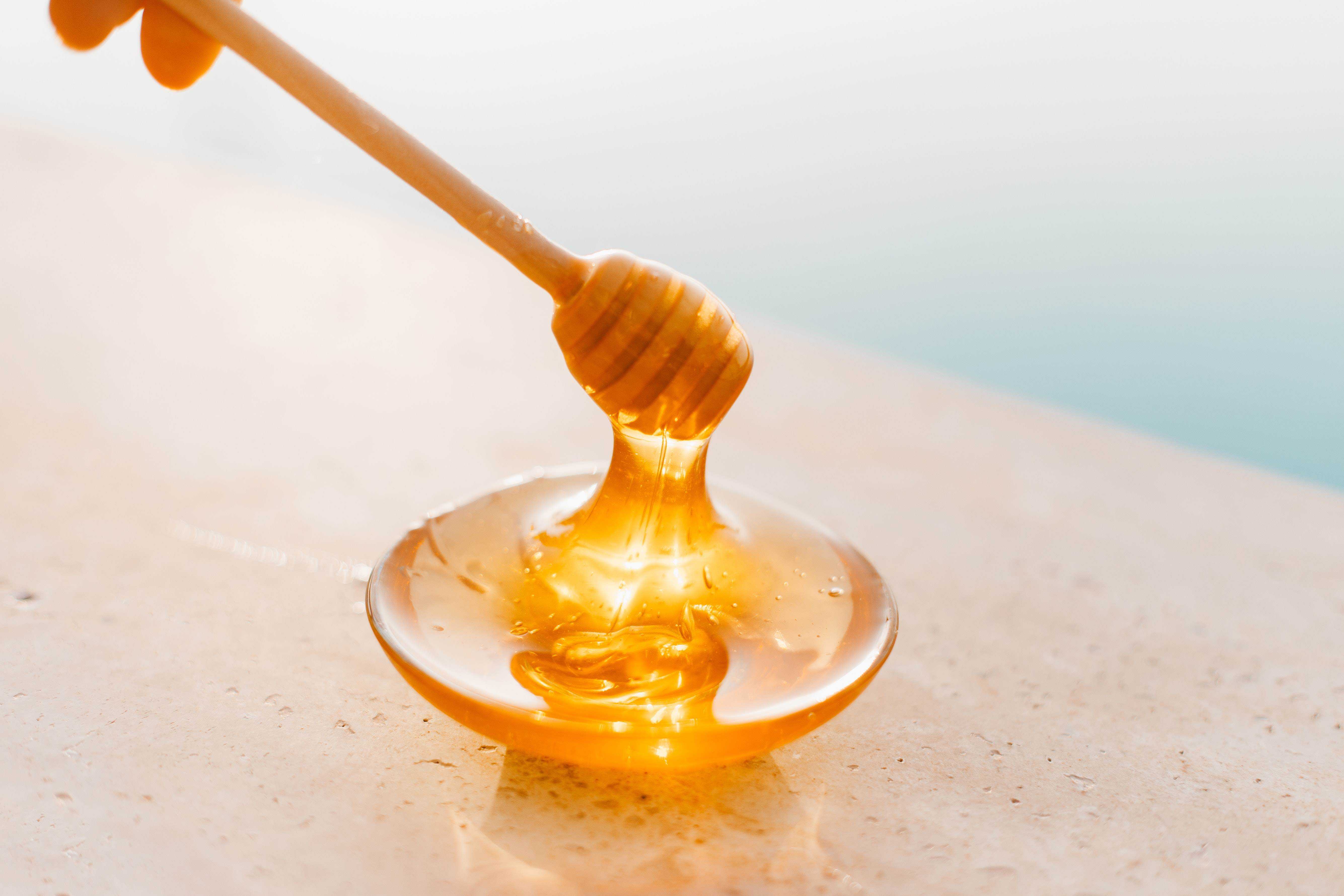Honey is more than just a natural sweetener; it's a fascinating and unique product with numerous health benefits. Since ancient times, humans have been collecting honey from bees, and today it remains an important part of our diet and medicine cabinet. Honey is a product of nature's magic and has been widely used for its medicinal properties. From treating wounds to curing respiratory diseases, honey has been known to have many beneficial properties. This blog post will explore the various unique features of honey and why it's rightly considered nature's sweetest miracle.
-
Honey's Antioxidant Properties:
One of the most remarkable features of honey is its high antioxidant content. Antioxidants are compounds that help protect the body against damage caused by free radicals. Free radicals are unstable molecules that can cause cell damage, leading to inflammation and a variety of diseases. Honey contains a variety of antioxidants, including flavonoids, phenolic acids, and enzymes, which help to neutralize free radicals in the body. Regular consumption of honey has been linked to lower rates of heart disease, cancer, and other chronic diseases. -
Honey's Antibacterial Properties:
Another unique property of honey is its antibacterial activity. Honey has been used as a natural antibacterial agent for centuries. Its antibacterial properties are due to the presence of hydrogen peroxide, which is produced when honey is diluted with water. Hydrogen peroxide helps to kill harmful bacteria and has been used to treat wounds, burns, and infections. Additionally, honey contains other antibacterial compounds such as methylglyoxal, which is found in manuka honey and is known to be highly effective against antibiotic-resistant bacteria. -
Honey's Nutritional Properties:
Honey is a natural sweetener that contains a variety of essential nutrients. Honey is rich in vitamins and minerals, including vitamin C, iron, calcium, and magnesium. It also contains enzymes and amino acids that aid in digestion and boost the immune system. While honey is high in sugar, it has a lower glycemic index than refined sugar, meaning it's absorbed more slowly by the body and doesn't cause the same blood sugar spikes. -
Honey's Soothing Properties:
Honey has long been used as a natural remedy for a variety of ailments. Its soothing properties make it an effective treatment for coughs and sore throats. Honey is also known to be an effective remedy for skin conditions such as acne and eczema. Its anti-inflammatory properties help to reduce redness and irritation and promote healing. -
Honey's Anti-Inflammatory Properties:
In addition to its antioxidant and antibacterial properties, honey also possesses anti-inflammatory properties. Inflammation is a natural response to injury or infection, but when it becomes chronic, it can lead to a variety of diseases such as arthritis, diabetes, and heart disease. Honey's anti-inflammatory properties help to reduce inflammation in the body, making it an effective treatment for inflammatory conditions such as arthritis and asthma. -
Honey's Prebiotic Properties:
Honey contains prebiotics, which are non-digestible fibers that promote the growth of beneficial bacteria in the gut. The gut microbiome plays a crucial role in overall health, and prebiotics help to nourish and maintain a healthy gut flora. Regular consumption of honey has been shown to improve gut health, boost immunity, and reduce the risk of gastrointestinal disorders. -
Honey's Wound-Healing Properties:
Honey has been used as a natural wound healer for thousands of years. Its antibacterial and anti-inflammatory properties help to prevent infection and promote healing. Honey's high sugar content creates a hypertonic environment, which draws moisture out of bacterial cells and inhibits their growth. Additionally, honey contains enzymes that help to break down dead tissue and promote the growth of new tissue. -
Honey's Allergy-Relief Properties:
Honey has been shown to have allergy-relief properties, particularly in the case of seasonal allergies. Local honey contains small amounts of pollen from local plants, and consuming it regularly can help to desensitize the body to these allergens. While the evidence is mixed, some studies have shown that consuming local honey can reduce symptoms of seasonal allergies.
Overall, honey is an incredibly versatile and unique product with a variety of health benefits. From its antioxidant and antibacterial properties to its nutritional and prebiotic properties, honey is rightly considered nature's sweetest miracle. Whether consumed as a sweetener or used topically as a remedy, honey has been used for centuries as a natural medicine and is a testament to the power of nature.
Bonus Fun Facts:
-
Honey never spoils: Due to its unique chemical composition, honey has an extremely long shelf life and can last for thousands of years without spoiling. In fact, archaeologists have found pots of honey in ancient Egyptian tombs that are still edible!
-
Honey is produced all over the world: While most people associate honey with bees, there are actually many different types of honey produced by a variety of insects and animals. Honey can be produced by bees, bumblebees, wasps, and even some species of ants.
-
Bees have to visit millions of flowers to make one jar of honey: Bees collect nectar from flowers and store it in their honey stomachs. They then regurgitate the nectar into the hive, where it is converted into honey. It takes around 2 million individual flower visits to produce one pound of honey!
-
Honey is a natural cough suppressant: Research has shown that honey can be an effective treatment for coughs and sore throats. Its thick, sticky consistency coats the throat, reducing irritation and suppressing coughs.
-
Honey can vary in color and flavor: The flavor and color of honey depend on the types of flowers that the bees collect nectar from. For example, clover honey is light and sweet, while buckwheat honey is dark and has a stronger, more earthy flavor.
-
Honey is used in many skincare products: Honey's antibacterial and anti-inflammatory properties make it an effective ingredient in skincare products. It can help to soothe and heal skin, reduce inflammation, and promote healthy skin cell growth.
-
Honey is an important cultural symbol: Honey has been used in religious and cultural ceremonies for thousands of years. In Hinduism, honey is considered a symbol of knowledge and immortality, while in Greek mythology, it was believed to be the food of the gods.
Discover More
Most Viewed
Christmas is a season of joy, love, and traditions. And what better way to get into the holiday spirit than through timeless carols? These musical gems have been bringing people together for generations. Here’s our ranked list of the Top 10 Christmas Caro…
Read More

















